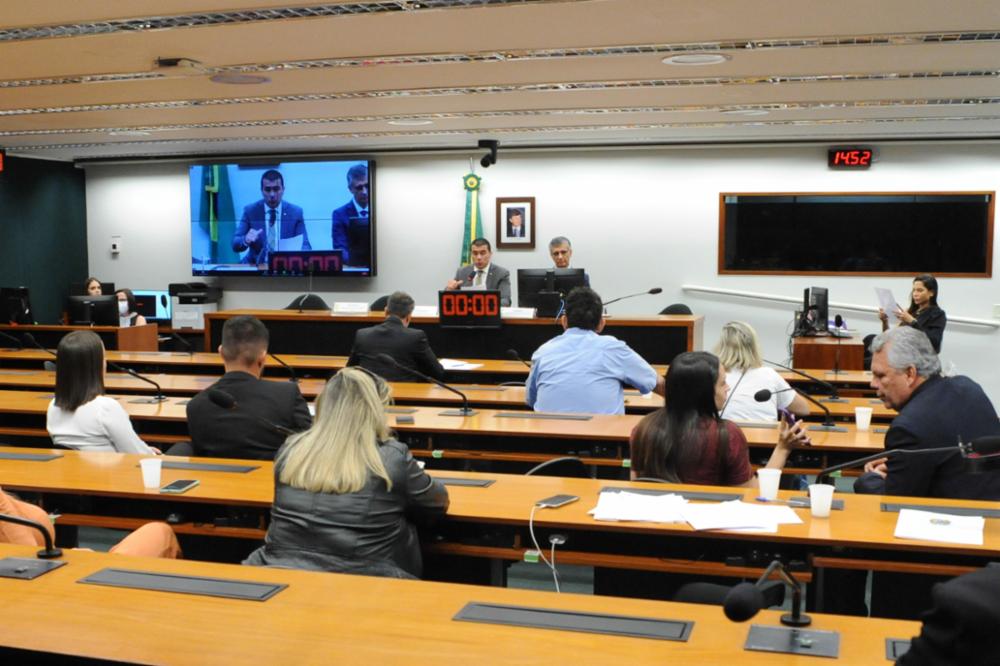The House Public Security Committee approved a bill this Tuesday to authorize the repossession of occupied land without the need for a judicial decision — meaning landowners can simply shoo ‘trespassers’ using their own force, or call the police.
The text states that a landowner “may maintain or restore [possession] himself by his own force, as long as he does it promptly and that the acts of defense do not go beyond what is indispensable for the maintenance or restitution of possession, or request assistance from the police force, regardless of a court order.”
The bill was approved without a vote.
The proposal was endorsed by members of the so-called “Bullet Caucus” — a group of conservative pro-gun lawmakers. Earlier this month, the committee approved a bill granting amnesty to 74 police officers convicted for the 1992 massacre in São Paulo’s Carandiru prison. It was the bloodiest episode in Brazil’s penitentiary history.
The bill’s rapporteur Aluisio Mendes, who also presides over the committee, argued that judges can be pressured into unfair decisions. According to him, “international pressure” might have impacted the 2009 Supreme Court decision that confirmed the demarcation of the Raposa Serra do Sol indigenous territory in the northern state of Roraima.
For several years prior to that ruling, the region was marked by conflict between indigenous people and rice farmers. The Supreme Court decision ordered the expulsion of non-indigenous citizens from the region.
During the bill’s discussion this Tuesday, lawmakers expressed concern about the left-wing Landless Workers Movement (MST), which for some time extensively used the tactic of “occupations,” sending peasants to unused private farmland so they could claim it as their own. Such occupations were used mostly in the 1990s but have since dropped dramatically, even before the Jair Bolsonaro administration.
In October 2021, the MST pledged to resume its land occupation strategy.
Lawyer Isabel Figueiredo, a researcher at the Brazilian Forum on Public Security, a think tank, told The Brazilian Report she understands the bill is unconstitutional, and will be struck down by the Supreme Court should it proceed. “A bill cannot subtract a conflict of interest such as land possession from the analysis of the judicial branch. Such a decision is not in the hands of the police.” She adds that property titles claimed by landowners might be false.
The bill needs to be approved in another House committee before proceeding to the Senate.


 Search
Search






































